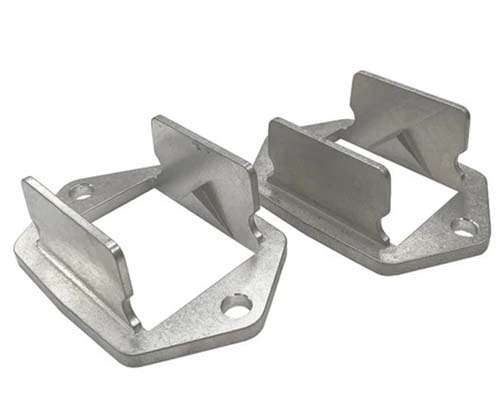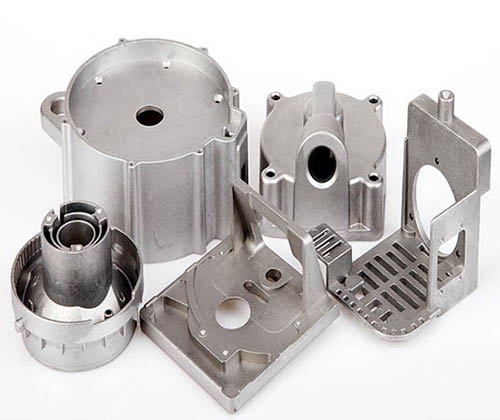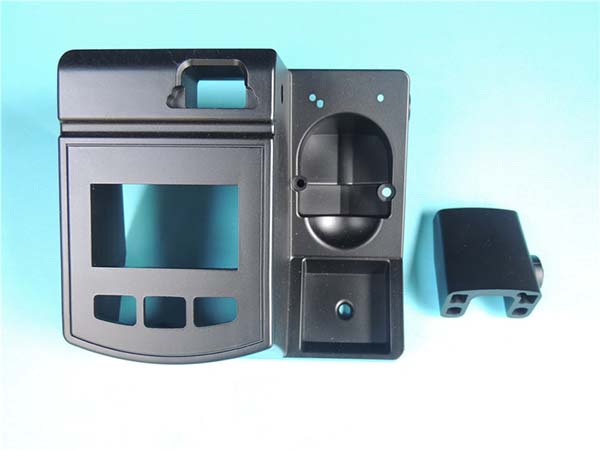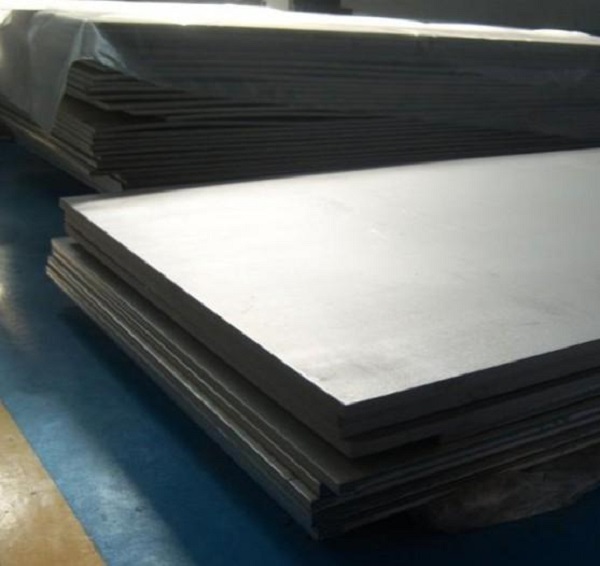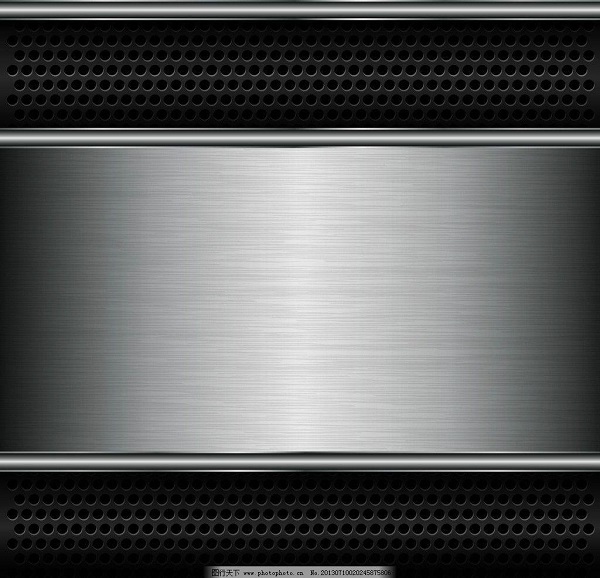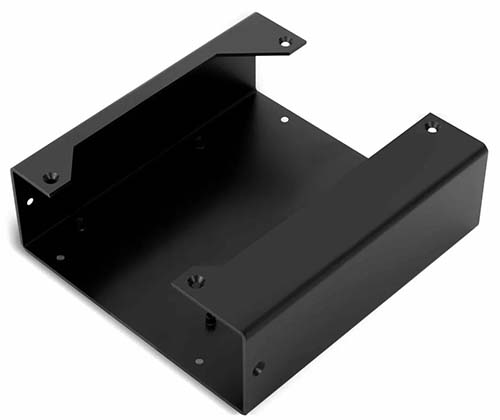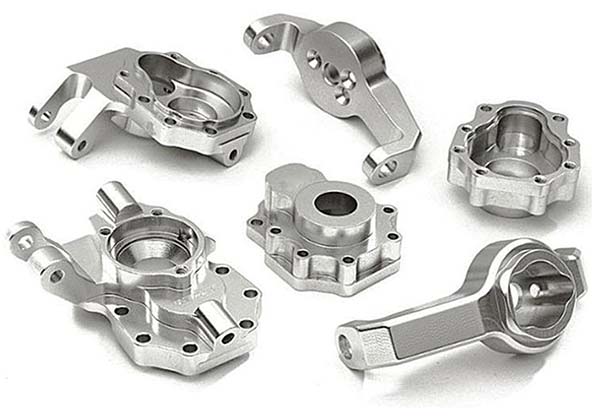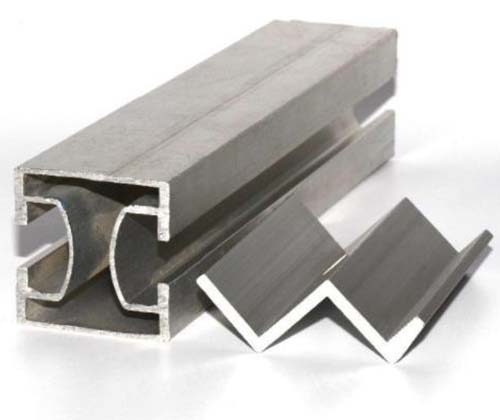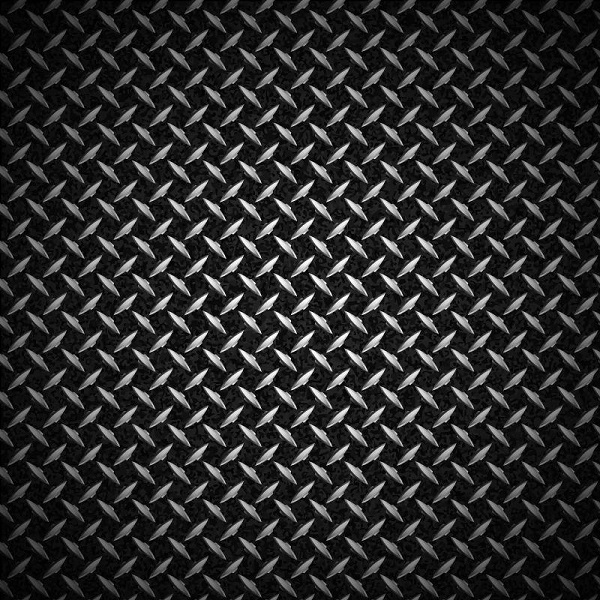Selecting the right material for high - performance applications can be a real challenge. You need a material that can handle harsh environments, offer excellent strength without adding too much weight, and maybe even be compatible with the human body. That's where Grade 2 titanium comes in. In this guide, we'll explore everything you need to know about sheet metal titanium (Grade 2), from its composition and properties to its manufacturing processes, surface treatments, and applications, helping you decide if it's the right fit for your project.
Material Composition and Properties of Grade 2 Titanium
Grade 2 titanium is a type of pure titanium, with a purity level of around 99.6%. Its alloy composition is mainly titanium, with small amounts of other elements like oxygen, iron, carbon, nitrogen, and hydrogen, which are strictly controlled to ensure its excellent properties.
Mechanical Properties
- High Strength and Low Density: One of the most notable properties of Grade 2 titanium is its high strength - to - weight ratio. It has a tensile strength of about 345 - 550 MPa, which is comparable to some steels, but with a low density of only 4.5 g/cm³, much lower than steel (7.8 g/cm³). This makes it ideal for applications where weight is a critical factor, such as aerospace and automotive components.
- Ductility: Grade 2 titanium has good ductility, allowing it to be formed into various shapes through processes like bending, rolling, and forming. It can be easily shaped into thin sheets and complex parts without breaking, which is important for manufacturing aircraft components and medical implants.
Chemical and Physical Properties
- Corrosion Resistance: Grade 2 titanium offers exceptional corrosion resistance, even in harsh environments. It forms a thin, dense oxide layer on its surface when exposed to air, which protects the underlying metal from further corrosion. This makes it suitable for chemical processing equipment, marine applications, and environments with acids and saltwater.
- Biocompatibility: A key property that sets Grade 2 titanium apart is its biocompatibility. It is non - toxic and does not react with the human body, making it an excellent choice for medical devices and implants such as hip replacements and dental implants.
- Oxidation Resistance: At high temperatures, up to around 400°C, Grade 2 titanium maintains good oxidation resistance. The oxide layer prevents further oxidation, ensuring its performance in high - temperature applications.
- Thermal and Electrical Conductivity: Grade 2 titanium has relatively low thermal conductivity and electrical conductivity compared to metals like copper and aluminum. This property can be beneficial in applications where heat or electricity transfer needs to be minimized.
- Non - magnetic: Grade 2 titanium is non - magnetic, which is important in applications such as medical devices and aerospace components where magnetic interference must be avoided.
- Recyclability: Like other titanium grades, Grade 2 titanium is highly recyclable. Recycling titanium uses less energy than producing it from raw materials, making it an environmentally friendly option.
Manufacturing Processes for Grade 2 Titanium Sheet Metal
Manufacturing Grade 2 titanium sheet metal requires special techniques due to its unique properties, but it can be processed using various methods.
Forming and Cutting Processes
- Rolling: Rolling is used to produce Grade 2 titanium sheets of different thicknesses. Cold rolling is often used to achieve precise thickness and improve the surface finish. The ductility of Grade 2 titanium allows it to be rolled into thin sheets as thin as a few micrometers.
- Cutting: Grade 2 titanium can be cut using methods like laser cutting and CNC machining. Laser cutting is suitable for creating complex shapes with high precision, while CNC machining is used for producing parts with tight tolerances, such as medical device components. Shearing and punching can also be used for simpler cuts and hole - making.
- Bending and Forming: Thanks to its good ductility, Grade 2 titanium can be easily bent and formed into various shapes. However, it's important to control the forming temperature as cold forming can cause work hardening, and annealing may be needed afterward to restore its ductility.
Welding and Heat Treatment
- Welding: Welding Grade 2 titanium requires special welding techniques to prevent contamination. It is often welded using gas tungsten arc welding (GTAW) in an inert gas environment (argon) to avoid oxidation. Proper post - weld treatment, such as annealing, is necessary to relieve residual stresses and ensure the weld's strength and corrosion resistance.
- Annealing and Heat Treatment: Annealing is a common heat treatment process for Grade 2 titanium. It involves heating the metal to a temperature of around 650 - 700°C and then cooling it slowly in air. This process relieves internal stresses, improves ductility, and restores the material's properties after cold working. Other heat treatment processes are not typically needed for Grade 2 titanium as it is a commercially pure grade.
Machining
- Machining: Grade 2 titanium can be machined, but it requires sharp tools and proper cutting parameters. It has a tendency to work harden during machining, so slow cutting speeds and adequate coolant are needed to prevent tool wear and ensure a good surface finish. CNC machining is widely used for precise machining of Grade 2 titanium parts for aerospace and medical applications.
Surface Treatment and Finishing of Grade 2 Titanium Sheet Metal
Surface treatment and finishing of Grade 2 titanium not only enhance its appearance but also can further improve its properties such as corrosion resistance and biocompatibility.
Anodizing
- Anodizing is a popular surface treatment for Grade 2 titanium. It involves electrolytically forming an oxide layer on the surface, which can be colored by varying the voltage. This not only improves corrosion resistance but also allows for decorative finishes, making it suitable for jewelry and architectural components. The anodized layer can also enhance the biocompatibility of medical implants.
Coating and Painting
- Coating: Applying corrosion - resistant coatings to Grade 2 titanium can further enhance its resistance to harsh environments. For example, in chemical processing equipment, special coatings can protect the titanium from highly corrosive chemicals.
- Painting and Powder Coating: Painting and powder coating are used for decorative purposes and to provide additional protection. They are often used in architectural components and sports equipment to give the titanium a desired color and finish.
Polishing and Other Finishes
- Polishing: Polishing can give Grade 2 titanium a mirror finish or a smooth, shiny surface. This is important for jewelry and medical devices where a clean, aesthetically pleasing surface is required.
- Brushed Finish: A brushed finish creates a linear texture on the surface, giving it a modern and industrial look. It is used in architectural components and some sports equipment.
- Chemical Conversion Coating: This process forms a thin layer on the surface, improving the adhesion of paints and coatings and enhancing corrosion resistance.
- Heat Coloring: Heat coloring is a process that uses heat to create a range of colors on the surface of Grade 2 titanium. By heating the titanium to different temperatures, you can achieve colors like blue, purple, and gold, which is popular in jewelry and artistic applications.
- Plating: Although not as common as other treatments, plating can be done on Grade 2 titanium for specific applications. For example, plating with gold or platinum can enhance its appearance in jewelry.
Applications of Grade 2 Titanium Sheet Metal
The unique combination of properties of Grade 2 titanium makes it suitable for a wide range of high - performance applications.
Aerospace and Aviation
- Aerospace: Grade 2 titanium is widely used in the aerospace industry for aircraft components such as airframes, engine parts, and structural components. Its high strength - to - weight ratio and corrosion resistance make it ideal for withstanding the harsh conditions of flight, including high altitudes and temperature variations.
- Aircraft Components: From wing structures to landing gear parts, Grade 2 titanium plays a crucial role in ensuring the safety and performance of aircraft.
Medical and Biomedical Applications
- Medical Devices and Implants: Due to its biocompatibility, Grade 2 titanium is extensively used in medical devices and implants. It is used in hip and knee replacements, dental implants, and pacemaker cases. The body accepts titanium implants well, reducing the risk of rejection.
- Biomedical Applications: In biomedical applications, such as surgical instruments and laboratory equipment, Grade 2 titanium is valued for its corrosion resistance and ease of sterilization.
Chemical Processing and Marine Applications
- Chemical Processing: Grade 2 titanium is used in chemical processing equipment such as reactors, pipes, and valves. Its excellent corrosion resistance to acids, alkalis, and other chemicals ensures the durability and safety of the equipment.
- Marine Applications: In marine applications, such as ship hulls, propellers, and offshore oil rig components, Grade 2 titanium resists corrosion from saltwater, making it a long - lasting and reliable material.
Other Applications
- Automotive: In the automotive industry, Grade 2 titanium is used in high - performance vehicles for components like exhaust systems and suspension parts, where weight reduction and corrosion resistance are important.
- Sports Equipment: Grade 2 titanium is used in sports equipment such as bicycle frames, golf clubs, and tennis rackets, due to its strength and lightweight properties, which can improve performance.
- Jewelry: The unique color and biocompatibility of Grade 2 titanium make it a popular material for jewelry. It can be finished with anodizing or heat coloring to create unique and attractive designs.
- Architectural Components: Grade 2 titanium is used in architectural components like cladding and roofing for its durability, corrosion resistance, and modern appearance.
Yigu Technology, a professional parts custom manufacturing Supplier, has rich experience in processing Grade 2 titanium sheet metal. We master advanced manufacturing processes and surface treatments, ensuring that each component meets the highest standards. Whether for aerospace, medical devices, or other high - end applications, we provide customized solutions to meet your specific needs.
FAQ
- Is Grade 2 titanium suitable for long-term use in the human body?
Yes, Grade 2 titanium is highly suitable for long - term use in the human body due to its excellent biocompatibility. It does not react with body tissues or fluids, making it a safe choice for implants and other medical devices.
- What are the main challenges in welding Grade 2 titanium?
The main challenges in welding Grade 2 titanium are preventing contamination from oxygen, nitrogen, and hydrogen, which can weaken the weld. Special welding techniques in an inert gas environment and proper post - weld treatment are necessary to ensure weld quality.
- How does the cost of Grade 2 titanium compare to other metals?
Grade 2 titanium is more expensive than steel and aluminum, but its unique properties such as high strength - to - weight ratio, corrosion resistance, and biocompatibility make it cost - effective in high - performance and critical applications where other metals may fail.
